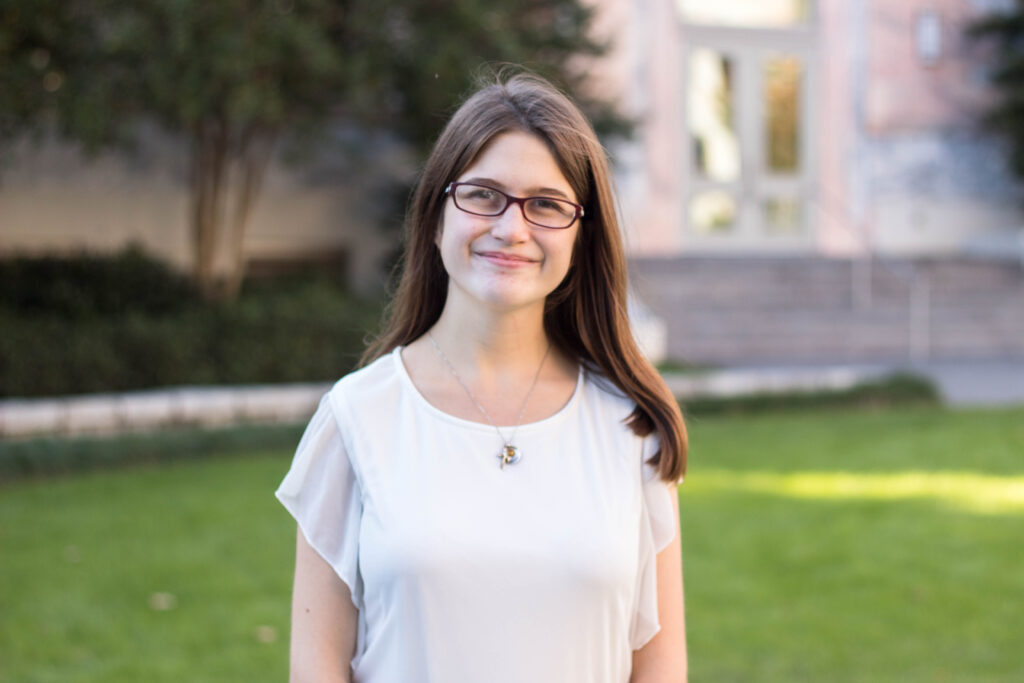The Oxford Farm
Take a trip to the Oxford Farm! This is a sustainable and organic operation run by Emory University and located in Oxford, Georgia. Talk to Farm Educator Daniel Parson as he explains some of the farm’s most sustainable techniques–using cover crops and crop rotation. See what it means to be sustainable!
Transcript:
(The Oxford Farm: An Organic Farm Run by Emory University. Oxford, Georgia)
(The farm is rooted in sustainable practices.)
Daniel Parson: Cover crops and rotation are the cornerstones of our production system. You grow the same crop in a different field each year to avoid the cycles of disease and weeds and insects from building up in that field.
(Cover crops and crop rotation help to naturally renew the soil.)
(They make natural nitrogen fertilizer.)
(Most farms use manmade fertilizer. Making this fertilizer uses enormous amounts of fossil fuels, which pollute the environment.)
(Students help grow healthy and organic food for their dining hall.)
Daniel Parson: I love to watch things grow. We’re caring for our little spot of earth, we’re connecting with our communities, we’re producing healthy food. That’s all fairly boring and small-scale, but it takes a lot of us doing it to make that big impact. Could sustainable organic farming, small-scale farming feed the world? Certainly a possibility.
(Smart Small, Think Big.)
(Shop at local and organic growers to support sustainability efforts!)
Sources:
Parson, Daniel, and Deanna Altomara. “The Oxford Farm.” 19 Apr. 2017.
